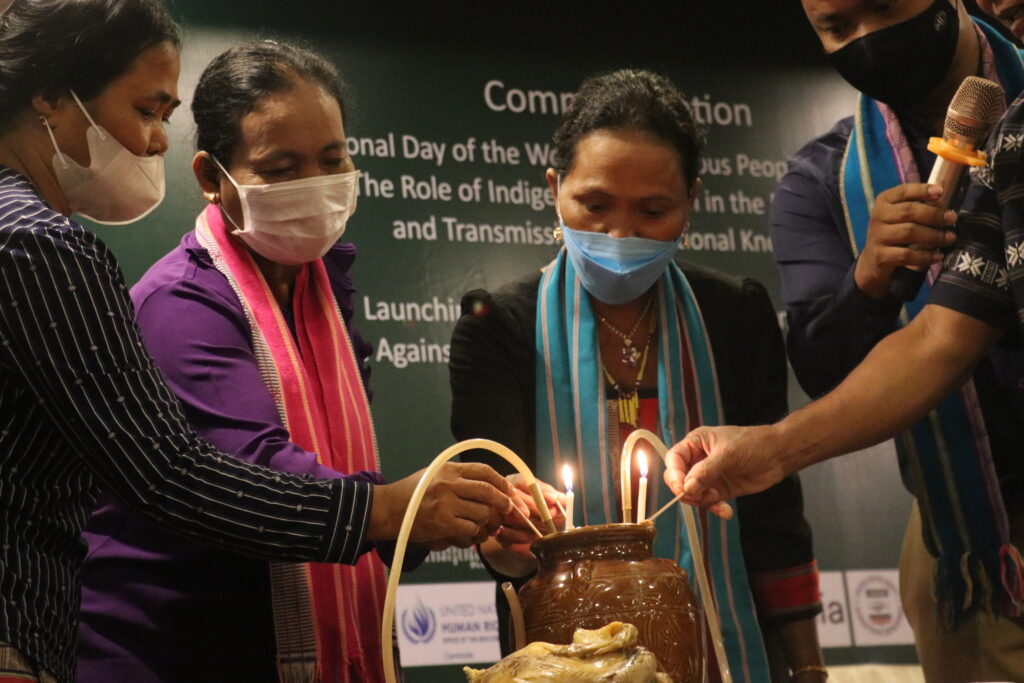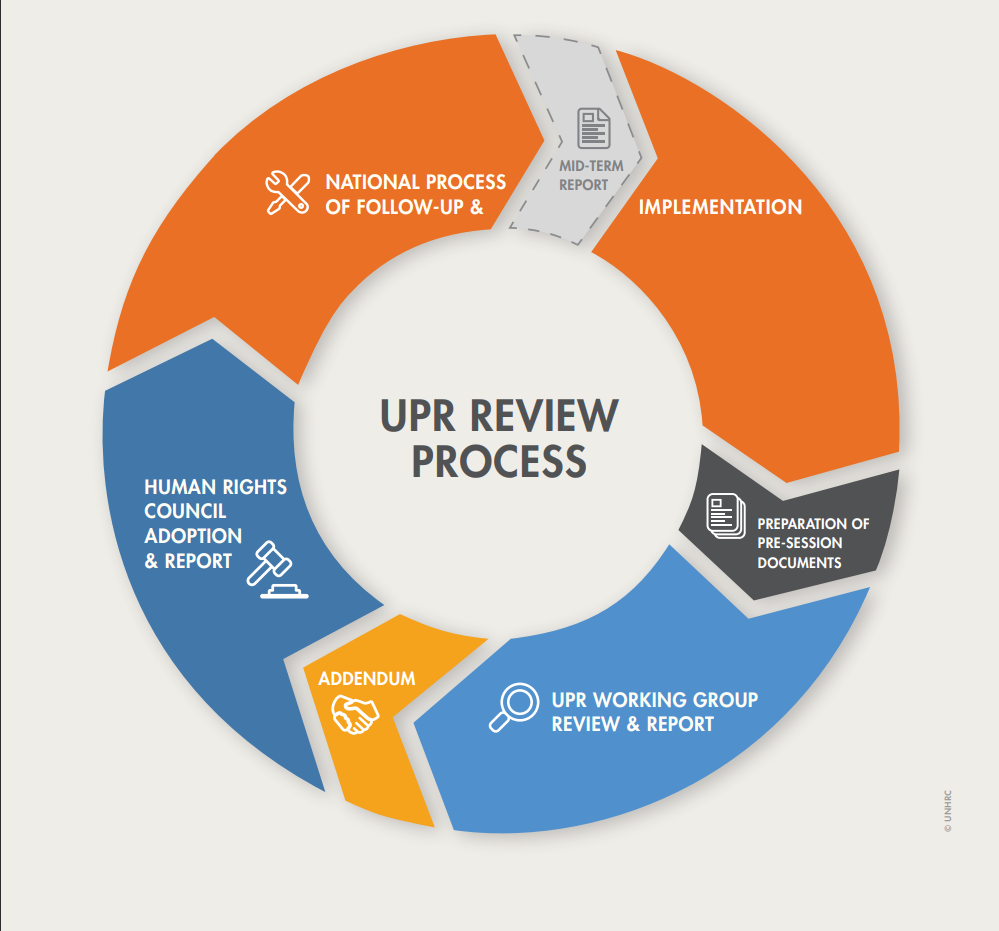The UPR process is a peer-review mechanism of the UN Human Rights Council, where each UN member state is examined on its human rights situation every four to five years. The review is based on three documents: a report by the state, a report by the UN, and a report by other stakeholders, such as civil society and indigenous peoples’ organizations. The state receives recommendations from other states and has to report on their implementation. The UPR aims to improve the human rights situation in each country and foster cooperation.

For indigenous peoples in Cambodia, the UPR process is an important opportunity to raise their concerns and challenges regarding their collective rights to land, territories and resources, as well as their cultural identity, education, health, and participation. Indigenous peoples in Cambodia face various threats to their livelihoods and well-being, such as land grabbing, deforestation, mining, hydropower projects, and discrimination. They also lack adequate legal recognition and protection of their status and rights.((https://upr-info.org/sites/default/files/documents/2018-12/js1_upr32_khm_e_main.pdf))((https://www.upr-info.org/en/review/cambodia))
By engaging in the UPR process, indigenous peoples in Cambodia can:
– Provide alternative information and perspectives on the human rights situation of indigenous peoples that may not be reflected in the state or UN reports.
– Advocate for specific recommendations to address the gaps and challenges in the implementation of the existing laws and policies related to indigenous peoples’ rights.
– Monitor and follow up on the progress and challenges of the state in fulfilling its human rights obligations and commitments towards indigenous peoples.
– Build alliances and networks with other stakeholders, such as civil society organizations, human rights institutions, UN agencies, and diplomatic missions, to support their advocacy efforts.
– Raise awareness and visibility of their issues and demands at the national and international levels.

Some examples of the achievements of indigenous peoples’ engagement in the UPR process in Cambodia are:((https://www.upr-info.org/en/review/cambodia))
– In the first cycle of the UPR in 2009, Cambodia accepted 91 recommendations, including one on ensuring the rights of indigenous peoples to land and natural resources.
– In the second cycle of the UPR in 2014, Cambodia accepted 205 recommendations, including 11 on indigenous peoples’ rights, such as strengthening the legal framework for communal land titling, ensuring free prior and informed consent, respecting cultural diversity, and promoting indigenous peoples’ participation.
– In the third cycle of the UPR in 2019, Cambodia received 198 recommendations, including 13 on indigenous peoples’ rights, such as accelerating the process of communal land titling, protecting indigenous peoples from land grabbing and forced evictions, ensuring access to quality education and health services, and preventing violence against indigenous women and children.

